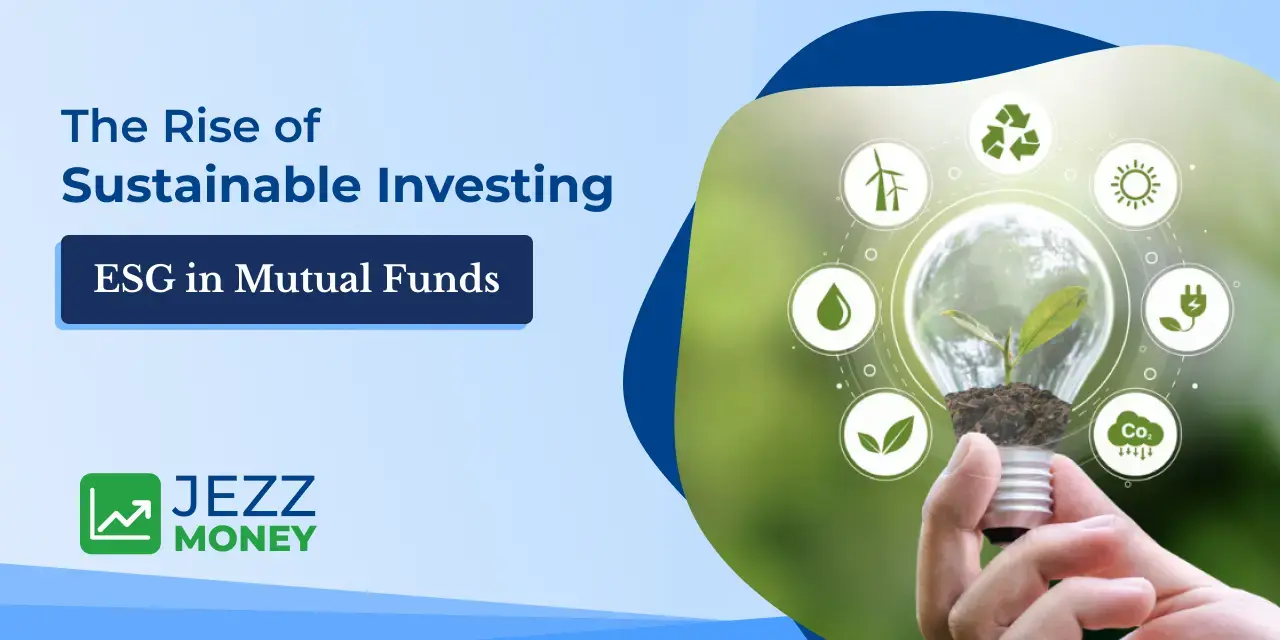Investing in an Environmental, Social, and Governance (ESG) fund can align your financial goals with sustainable and ethical investing principles. Here are some key reasons why you should consider investing in an ESG fund:
Sustainable and Ethical Investing:
ESG funds focus on companies that follow responsible business practices, such as reducing carbon footprints, maintaining fair labor policies, and ensuring corporate transparency. By investing in these funds, you support businesses that contribute positively to society and the environment.
Long-Term Financial Returns:
Many ESG-focused companies are leaders in innovation, risk management, and sustainability, which can translate into strong long-term financial performance. Studies show that ESG investments often match or even outperform traditional investments over time.
Risk Mitigation:
Companies with poor environmental, social, or governance practices face higher risks, such as regulatory fines, lawsuits, and reputational damage. ESG funds tend to invest in companies with better risk management, reducing the chances of severe financial setbacks.
Regulatory and Policy Support:
Governments and regulatory bodies are increasingly promoting sustainability initiatives, including tax incentives and stricter regulations on pollution and corporate governance. ESG investments may benefit from favorable policies and future growth opportunities.
Growing Investor Demand:
There is a rising trend among institutional and retail investors to allocate funds toward sustainable investments. This increased demand can drive higher valuations for ESG-compliant companies, creating strong growth potential for ESG funds.
Social Impact and Corporate Responsibility:
Investing in ESG funds allows you to contribute to positive change, whether it’s supporting companies that focus on renewable energy, ethical labor practices, or corporate diversity. Your investment can drive companies to prioritize sustainability and ethical governance.
Diversification Opportunities:
Many ESG funds invest in a variety of sectors, such as clean energy, technology, and healthcare, offering strong diversification benefits. This can help balance your investment portfolio and provide resilience against market volatility.
Transparency and Accountability:
ESG funds often undergo strict screening and reporting, ensuring that your investment is supporting genuinely responsible companies. Many funds provide ESG ratings and reports to keep investors informed.
Investing in an ESG fund is not just about financial returns. It’s also about making a difference. With increasing global awareness of sustainability and ethical investing, ESG funds provide an opportunity to grow your wealth while contributing to a better future.

